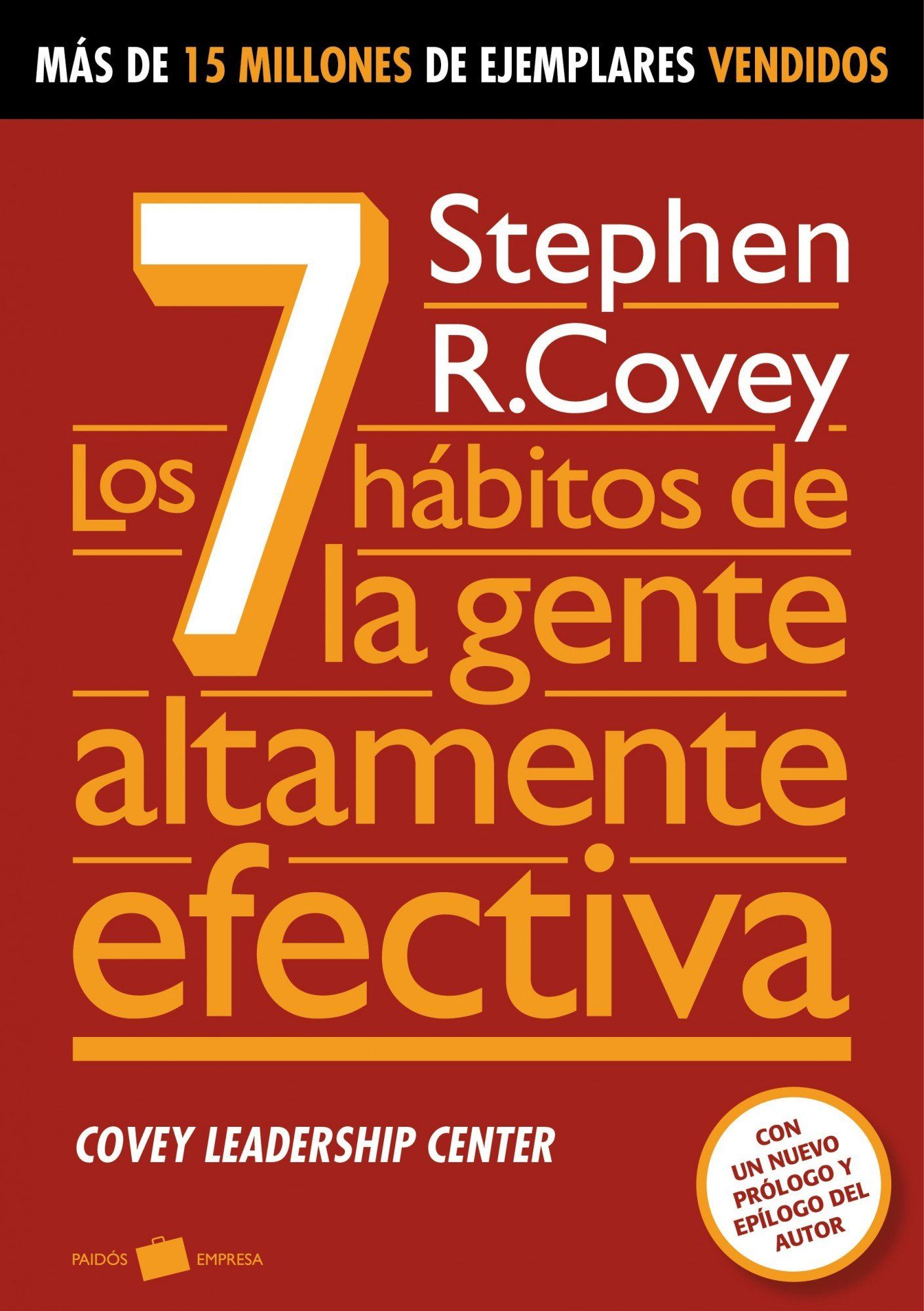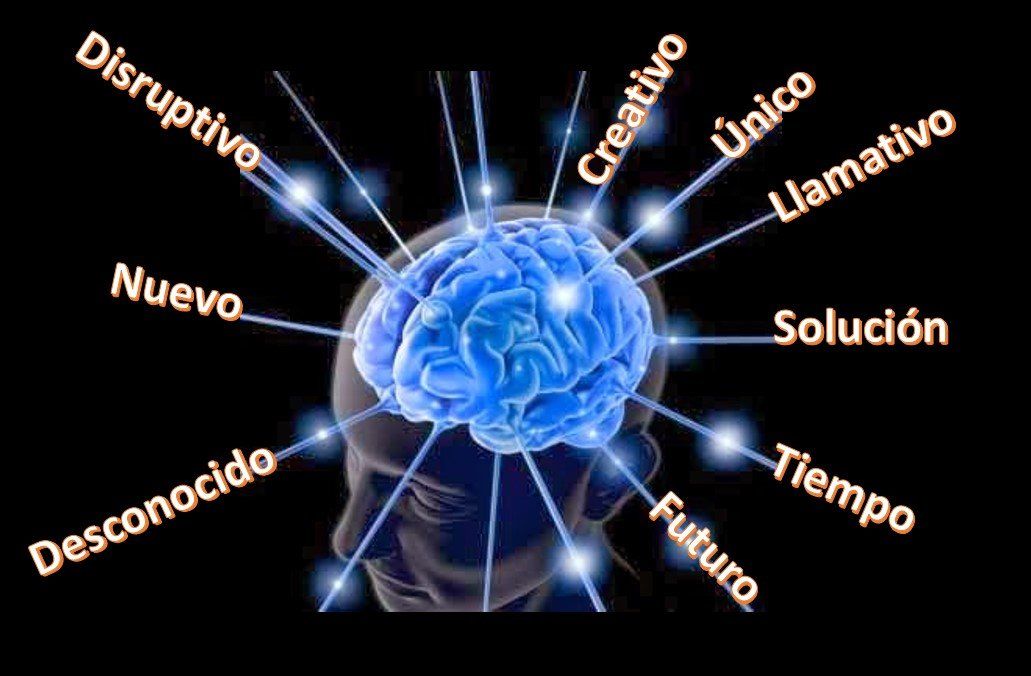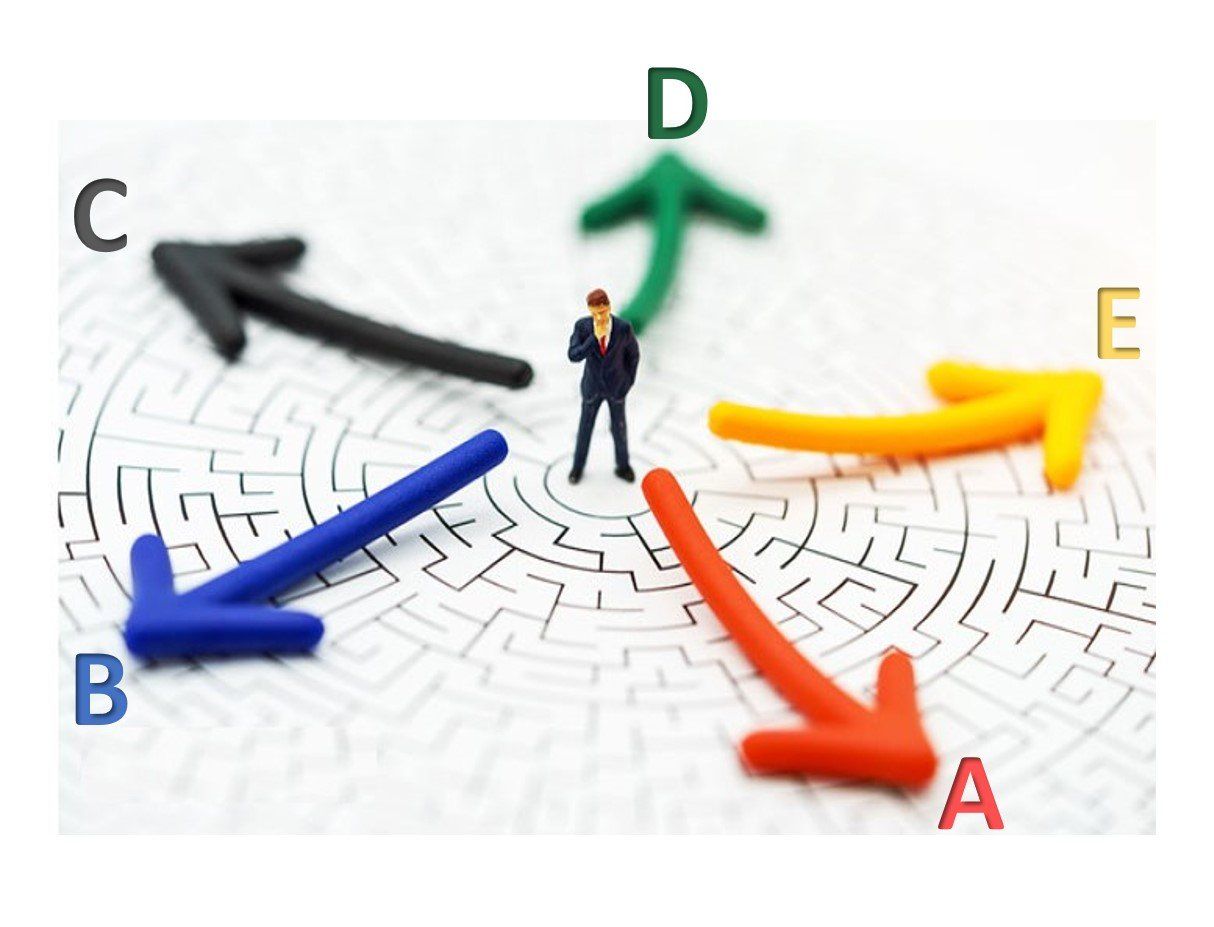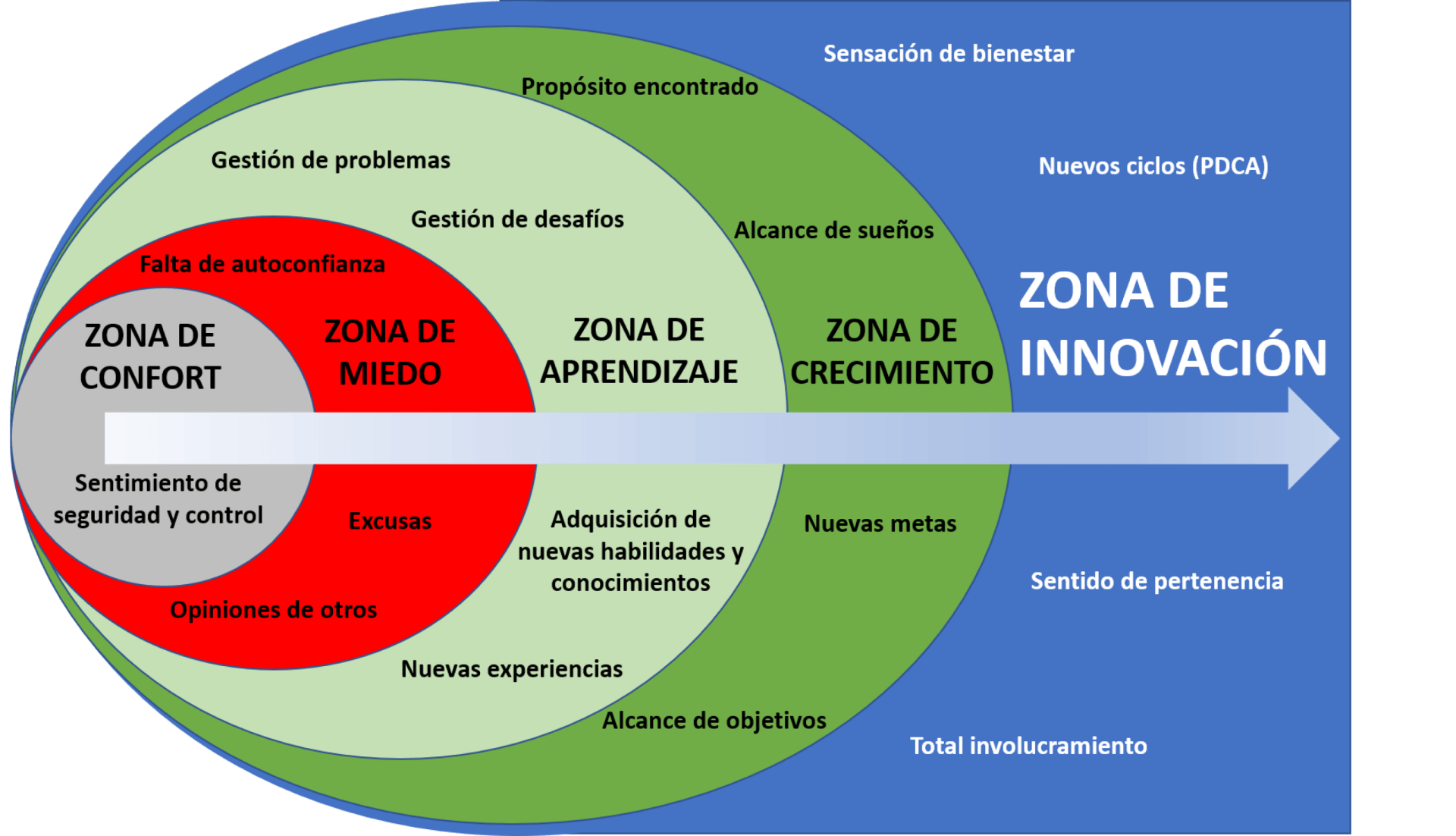Blog de Noticias
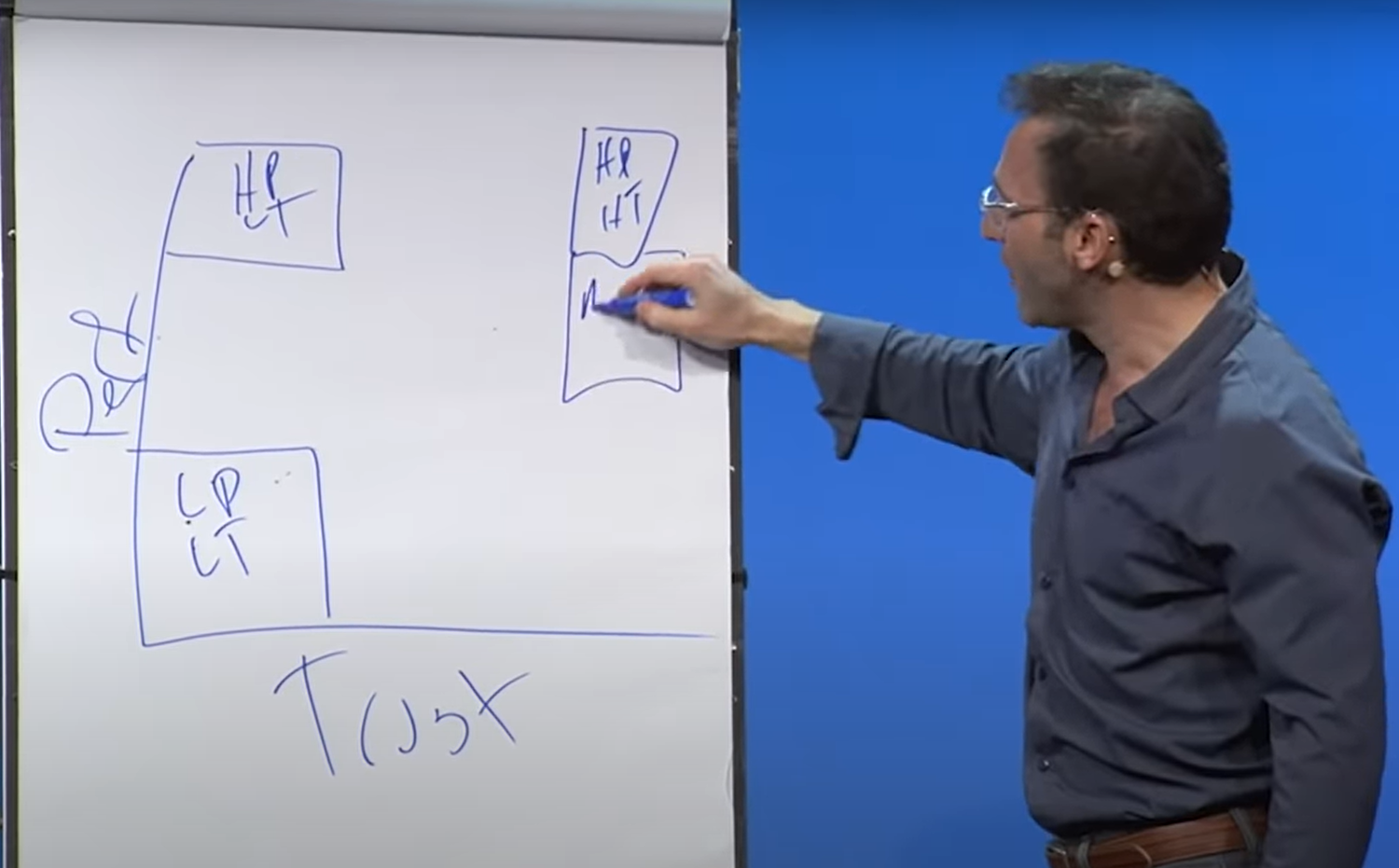
Trust vs Performance, How to balance this equation? In the industry we have thousands of different indicators and these depend on the type of industry, but for the most part they are all very similar. We measure productivity, quality, cost, etc. Measuring the performance of an organization has become something very well known and established and it is due to these metrics, that measuring the performance of people within an organization has also become something recurrent and well established. However, organizations have lost sight of how they have been able to successfully implement or simply are not interested in measuring the human qualities of the individuals who work there. How do they measure the confidence that can be had in an individual?, how do they measure the human quality of the person?, how do they measure in general the level of leadership?, what do they want in the industry?, what do the individuals that work within a company look for?, a boss that seeks to achieve the objectives above all things regardless of the deals and no matter how toxic it may be or a boss that knows how to mediate and generate an environment where individuals can be self-motivated and can give their best to achieve those objectives? Simon Sinek makes a fairly simple analysis in this regard. Quality Accent recommends clicking on the photo to be guided to the video on YouTube where he explains this in detail. Enjoy!

You are overestimating the amount of time you have to concentrate on a normal day. Long-term creative projects, strategic thinking, and building skills and relationships require large blocks of concentrated attention. It's easy to think optimistically that you have all day, or even several hours, for that kind of work and then plan your priorities based on that assumption. However, for many of us, meetings, emails, downtime, phone calls and "quick questions" take up a considerable amount of our time in the office. Aggregated data from the "Rescue Time" time tracking application suggests that people have only one hour and 12 minutes of uninterrupted time in their day.

Pasar un poco de tiempo la mayoría de los días en sus proyectos importantes, pero no urgentes o de gran envergadura y/o mejorar sus habilidades, es a menudo suficiente para mejorar dramáticamente sus resultados generales en comparación con dedicar nada de tiempo. Por otro lado, las pequeñas fugas de tiempo y energía pueden tener un impacto negativo mayor de lo que la gente percibe. Esos diez minutos que pasas buscando las llaves o respondiendo un correo electrónico que no necesitaba una respuesta inmediata, es inconsecuente en sí mismo. Sin embargo, muchas de estas instancias pueden interrumpir tu flujo, reforzar un sentido negativo de la identidad y, en general, minar tu energía. Cuando se crean sistemas (por ejemplo, reduciendo decisiones innecesarias, racionalizando y simplificando tareas, agrupando, automatizando, subcontratando o utilizando listas de control) que abordan pequeñas fugas de tiempo/energía, se experimentan beneficios de claridad mental al hacerlo que superan con creces el ahorro de tiempo.




